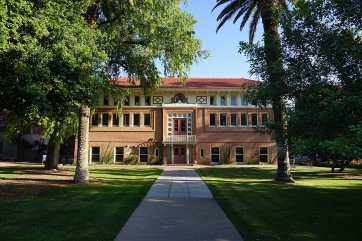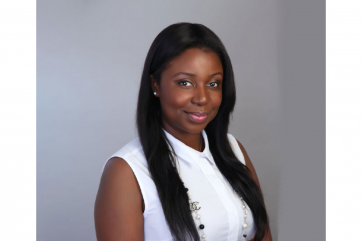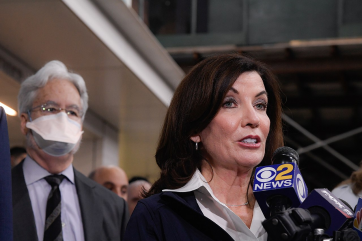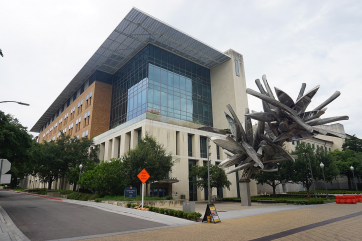The effects of alcohol on young binge drinkers may predict future alcoholism, according to a recent study.
Researchers from the University of Chicago found that heavy social drinkers who report greater stimulation and reward from alcohol are more likely to develop alcohol use disorder over time.
"Heavy drinkers who felt alcohol's stimulant and pleasurable effects at the highest levels in their 20s were the ones with the riskiest drinking profiles in the future and most likely to go on and have alcohol problems in their 30s," Andrea King, lead researcher of the study and professor of psychiatry and behavioral neuroscience at the University of Chicago, said in a statement. "In comparison, participants reporting fewer positive effects of alcohol were more likely to mature out of binge drinking as they aged."
For the study, researchers performed a double-blind, placebo-controlled experiment that analyzed the subjective response of 104 young adult heavy social drinkers to alcohol and tracked their long-term drinking habits.
As part of the six-year study, researchers screened and studied heavy social drinkers who reported a pattern of binge drinking behavior as young adults - at least four (for women) or five (for men) drinks per occasion, between one and five times per week.
A group of light social drinkers was used as a control. Members of the control group engaged in three sessions, in which they were given a placebo drink with only the smell of alcohol, a low dose of alcohol or a high dose.
All participants then answered questionnaires, took performance and memory tests, and were sampled for levels of the stress hormone cortisol.
Researchers found that those in the high alcohol addiction symptom group reported far higher stimulation and pleasure from alcohol effects than members of the low or intermediate groups. Tolerance to alcohol's fatiguing effects was less predictive of the future course of addiction.
"We knew that at age 25, there were binge drinkers who were sensitive to alcohol's more positive effects," King said. "We just didn't know what was going to happen to them. Now we show that they're the ones more likely to go on to experience more alcohol problems."
The findings were recently published in the journal Biological Psychiatry.








